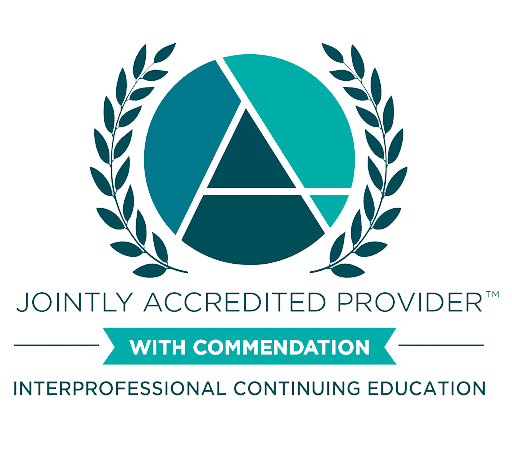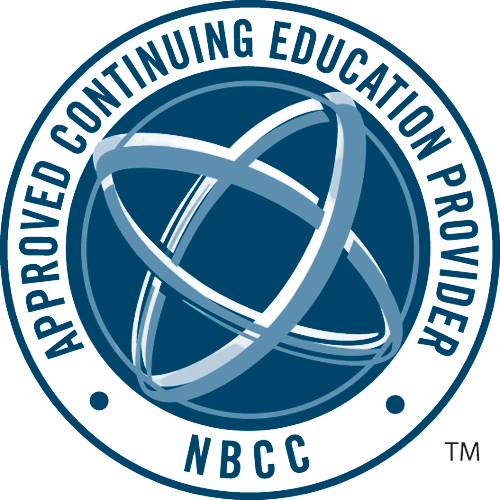A Resource for Healthcare and Social Services Professionals
April 4, 2025
12:00 pm–12:30 pm ET
This training will review how to recognize overamping events likely to benefit from medication intervention. We will describe how to use benzodiazepines and antipsychotics to manage psychotic symptoms associated with overamping. Additionally, we will provide a brief overview of medications that may be appropriate to manage hypertensive crisis in the setting of overamping to prevent worse cardiac outcomes.
Via Zoom
This training will review how to recognize overamping events likely to benefit from medication intervention. We will describe how to use benzodiazepines and antipsychotics to manage psychotic symptoms associated with overamping. Additionally, we will provide a brief overview of medications that may be appropriate to manage hypertensive crisis in the setting of overamping to prevent worse cardiac outcomes.
Providers, nurses, peer supports, other clinical staff, and non-clinicians.
Meg is a clinical nurse educator with Boston Medical Center's (BMC) Grayken Center for Addiction Training and Technical Assistance and a psychiatric mental health nurse practitioner at Boston Medical Center. Prior to obtaining her MSN, she worked as a nurse care manager in the Stimulant Treatment and Recovery Clinic (START) clinic, integrating harm reduction, infectious disease treatment, medical addiction groups, and co-management of stimulant use disorders and mental health conditions. Her clinical expertise includes harm reduction, low barrier treatment, complex care management, early identification and management of acute and persistent stimulant-induced psychosis. She earned both her BSN and MSN from Regis College.
Dawn Williamson, DNP, RN, PMHCNS-BC, CARN-APDawn is an Advanced Practice Nurse specializing in Addictions Consultation within the Emergency Department at Massachusetts General Hospital. She addresses the treatment needs of individuals and families impacted by addiction and mental health issues in emergency settings. Dawn also provides training and supervision for clinical staff, develops and implements policies related to patient care, and assists in establishing patient treatment plans. Dr. Williamson earned her BSN from the University of Massachusetts and her Master of Science in Adult Mental Health Nursing from Northeastern University. She holds Board Certification as a Clinical Specialist in Adult Psychiatric and Mental Health Nursing and is a Certified Advanced Practice Addictions Registered Nurse. With twenty-eight years of nursing experience, she has worked in the public and private sectors before joining Massachusetts General Hospital.
Following this training, participants will have the knowledge to:
Boston Medical Center Grayken Center for Addiction TTA
Massachusetts Department of Public Health, Bureau of Substance Addiction Services (DPH/BSAS)
Funding for out of state attendees is provided by the Opioid Response Network (ORN).
Funding for this initiative was made possible (in part) by grant no. 1H79TI085588-02 from SAMHSA. The views expressed in written conference materials or publications and by speakers and moderators do not necessarily reflect the official policies of the Department of Health and Human Services; nor does mention of trade names, commercial practices, or organizations imply endorsement by the U.S. Government.
REQUIREMENTS for credit
Please note this policy is strictly enforced for accreditation purposes. Participants will forfeit collection of credit and certificates of completion if more than 10 minutes of the training is missed.
Joint Accreditation Statement for CME and Nursing
 In support of improving patient care, Boston University Chobanian & Avedisian School of Medicine is jointly accredited by the Accreditation Council for Continuing Medical Education (ACCME), the Accreditation Council for Pharmacy Education (ACPE), and the American Nurses Credentialing Center (ANCC), to provide continuing education for the healthcare team.
In support of improving patient care, Boston University Chobanian & Avedisian School of Medicine is jointly accredited by the Accreditation Council for Continuing Medical Education (ACCME), the Accreditation Council for Pharmacy Education (ACPE), and the American Nurses Credentialing Center (ANCC), to provide continuing education for the healthcare team.
CME
Boston University Chobanian & Avedisian School of Medicine designates this live activity for a maximum of 0.50 AMA PRA Category 1 Credit(s)™. Physicians should claim only the credit commensurate with the extent of their participation in the activity.
Nursing
Nursing Contact Hours: 0.50 contact hours, of which 0.50 are eligible for pharmacology credit.
LMHC
 BMC Grayken Center of Addiction TTA has been approved by NBCC as an Approved Continuing Education Provider, ACEP No. 7188. Programs that do not qualify for NBCC credit are clearly identified. BMC Grayken Center of Addiction TTA is solely responsible for all aspects of the programs. For this program, 0.50 contact hours will be offered to participants who attend the training and complete the evaluation.
BMC Grayken Center of Addiction TTA has been approved by NBCC as an Approved Continuing Education Provider, ACEP No. 7188. Programs that do not qualify for NBCC credit are clearly identified. BMC Grayken Center of Addiction TTA is solely responsible for all aspects of the programs. For this program, 0.50 contact hours will be offered to participants who attend the training and complete the evaluation.
LADC/CADC & Recovery Coach
Boston Medical Center Grayken Center for Addiction Training and Technical Assistance is approved by the Massachusetts Department of Public Health, Bureau of Substance Addiction Services (DPH/BSAS) to award LADC/CADC and Recovery Coaches who complete this training 0.50 continuing education credits.
Community Health Worker
Boston Medical Center Grayken Center for Addiction Training and Technical Assistance is approved by the Massachusetts Department of Public Health, Board of Community Health Workers to award community health workers who complete this training 0.50 continuing education credits.
Disclaimer
Continuing education (CE) requirements vary by license and jurisdiction. When requesting continuing education credits, please ensure you are following the rules and regulations determined by the board regulating your license. Boston Medical Center Grayken Center for Addiction TTA does not oversee adherence to licensing requirements and regulations.
THIS CONTINUING EDUCATION PROGRAM IS INTENDED SOLELY FOR EDUCATIONAL PURPOSES FOR QUALIFIED HEALTHCARE PROFESSIONALS. IN NO EVENT SHALL BOSTON UNIVERSITY BE LIABLE FOR ANY DECISION MADE OR ACTION TAKEN IN RELIANCE ON THE INFORMATION CONTAINED IN THE PROGRAM. IN NO EVENT SHOULD THE INFORMATION CONTAINED IN THE PROGRAM BE USED AS A SUBSTITUTE FOR PROFESSIONAL CARE. NO PHYSICIAN-PATIENT RELATIONSHIP IS BEING ESTABLISHED. IN NO EVENT SHOULD INFORMATION IN THE MATERIALS REGARDING LAWS, REGULATIONS, OR LEGAL LIABILITY BE CONSIDERED LEGAL ADVICE OR USED AS A SUBSTITUTE FOR CONSULTING WITH AN ATTORNEY.